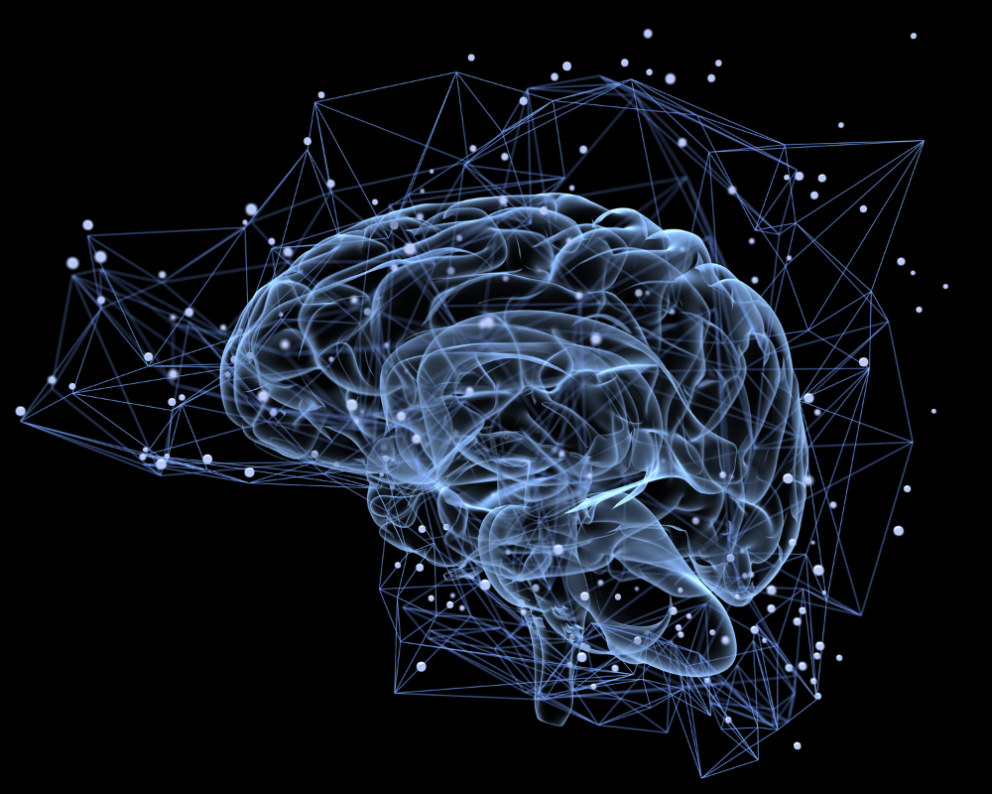
The IRCCS San Raffaele Hospital and the Vita-Salute San Raffaele University announce their partnership with the Nicolelis Institute for Advanced Brain Studies to establish the San Raffaele Neurotech Hub
IRCCS San Raffaele Hospital and Vita-Salute San Raffaele University announce the launch of a partnership with the Institute Nicolelis for Advanced Brain Studies of the Brazilian Alberto Santos Dumont Association for Research Support (AASDAP), to create the new San Raffaele Neurotech Hub.
The context in which Neurotech Hub is born
It is estimated that over 1 billion people worldwide suffer from a brain disorder of some kind, including neurological and psychiatric diseases. By 2030, the global cost to treat these patients could approach about $6 trillion. Therefore, new safe, clinically efficient and affordable therapies, alongside neurorehabilitation technologies, are needed to address the long-term needs of these patients.
Over the past 20 years, repeated evidence that it is possible to seamlessly connect the brain to robotic, electronic, or virtual devices, through so-called brain-machine interfaces (BMIs), has emerged as a powerful new therapeutic and neurorehabilitation approach to address this relevant global health challenge. Assessing and exploiting the clinical potential of nBMIs will be the main mission of the new San Raffaele Neurotech Hub.

Neurotech Hub
The result of two years of work, the new San Raffaele Neurotech Hub will be the first initiative of its kind in Europe, nBMI will be the basis for multiple neurorehabilitation protocols and therapies targeting patients with neurological diseases, such as spinal cord injury, Parkinson's disease, multiple sclerosis, and stroke.
Professor Miguel Nicolelis adds:
This collaboration with one of the most prestigious hospitals in the world is a dream come true. Indeed, our partnership will allow patients suffering from some devastating brain diseases to have access to cutting-edge, safe, affordable and effective technologies based on brain-machine interfaces (BMIs). I am sure my dear friend John Chapin, with whom I invented this technology, would be proud of this announcement. We hope to reach a large number of patients in the coming years and categorically demonstrate that non-invasive BMIs, combined with other modern technologies and data tools, will become the main approach in the treatment of neurological and psychiatric diseases in the near future.
The Hub will kick off by establishing a Neurorehabilitation Center, with the core mission of providing patients from across Europe with full access to modern neurorehabilitation protocols and neurotechnologies originally developed by a Brazilian multidisciplinary research team led by Professor Miguel Nicolelis, neuroscientist and Professor Emeritus at Duke University Medical Center in the United States.
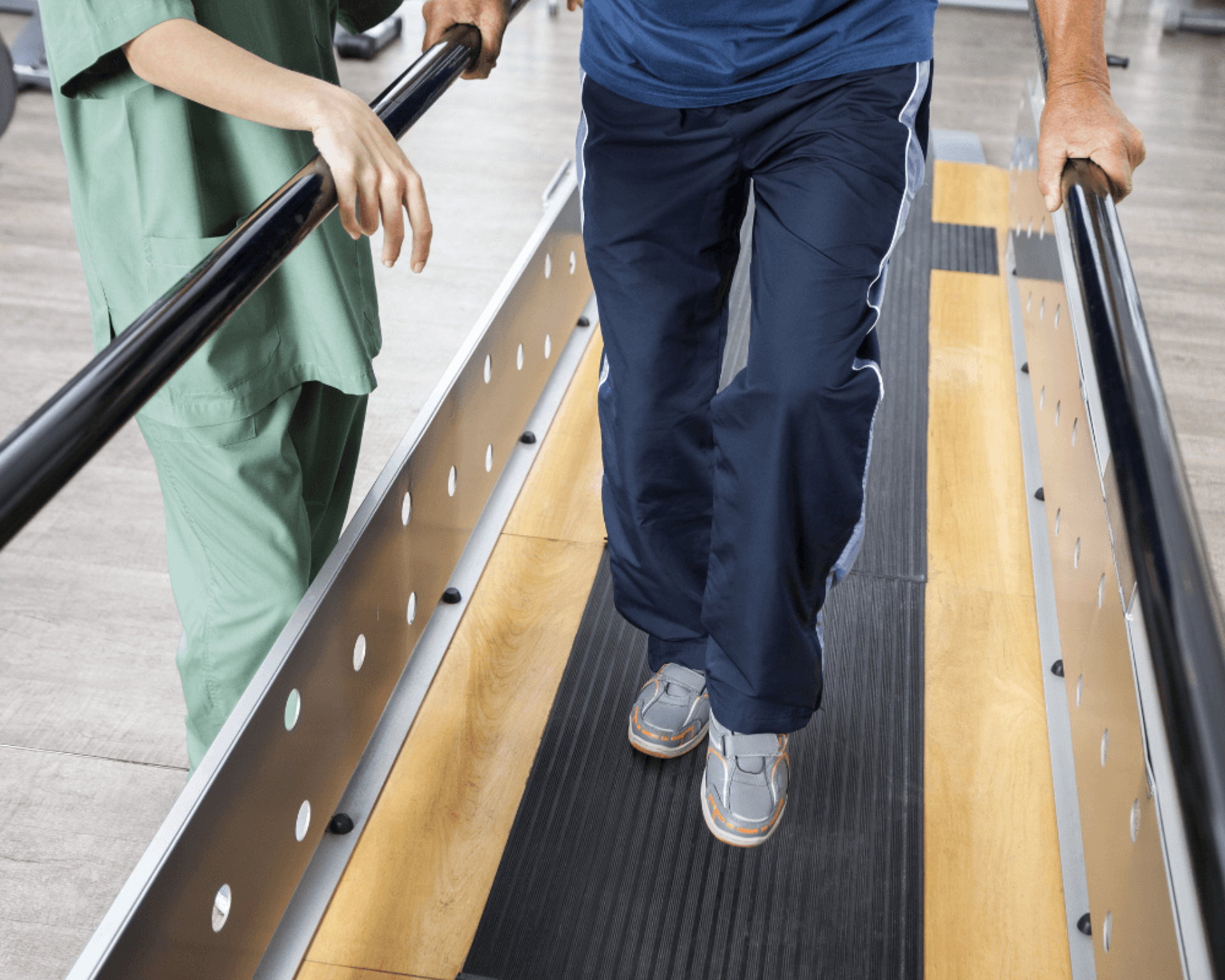
Over the past 25 years, Professor Nicolelis and his research groups in the United States and Brazil have developed multiple clinical applications based on different architectures of BMIs, combined with multiple tools derived from the fields of virtual reality and robotics.
In addition to authoring the Master Plan for the new hub project, together with Dr. Alan Rudolph, Professor Nicolelis will be a visiting professor at the Vita-Salute San Raffaele University and co-director of this Italian-Brazilian collaboration.
Professor Enrico Gherlone, Rector of Vita-Salute San Raffaele University comments:
We are very pleased to announce the start of the strategic Neurotech Hub project, which is the result of the partnership we have formed with Professor Nicolelis and his team. After the implementation of a two-year master plan, the Neurotech Hub is ready to enter the operational phase, which will ensure that in the coming years we will be able to pursue our strategic vision: neurotechnologies as a new and compulsory advanced medicine whose potential can already be seen use in humans to improve our health, both motor and cognitive, both in neurological and psychiatric disorders. All this undoubtedly represents a critically important opportunity for our residents as well, giving them the chance to confront a cutting-edge technology that is unique in Europe.
Originally developed for the demonstration of the first brain-controlled lower limb exoskeleton, which enabled a Brazilian paraplegic patient to perform the kickoff of the 2014 FIFA World Cup, the neurorehabilitation protocols that will be implemented in the San Raffaele Neurotech Hub's Neurorehabilitation Center are all based on the combination of nBMIs, virtual reality, robotics, and, more recently, noninvasive neuromodulating techniques (Donati et al, 2016; Shokur et al, 2018; Selfslagh et 2019; Nicolelis et al 2022).
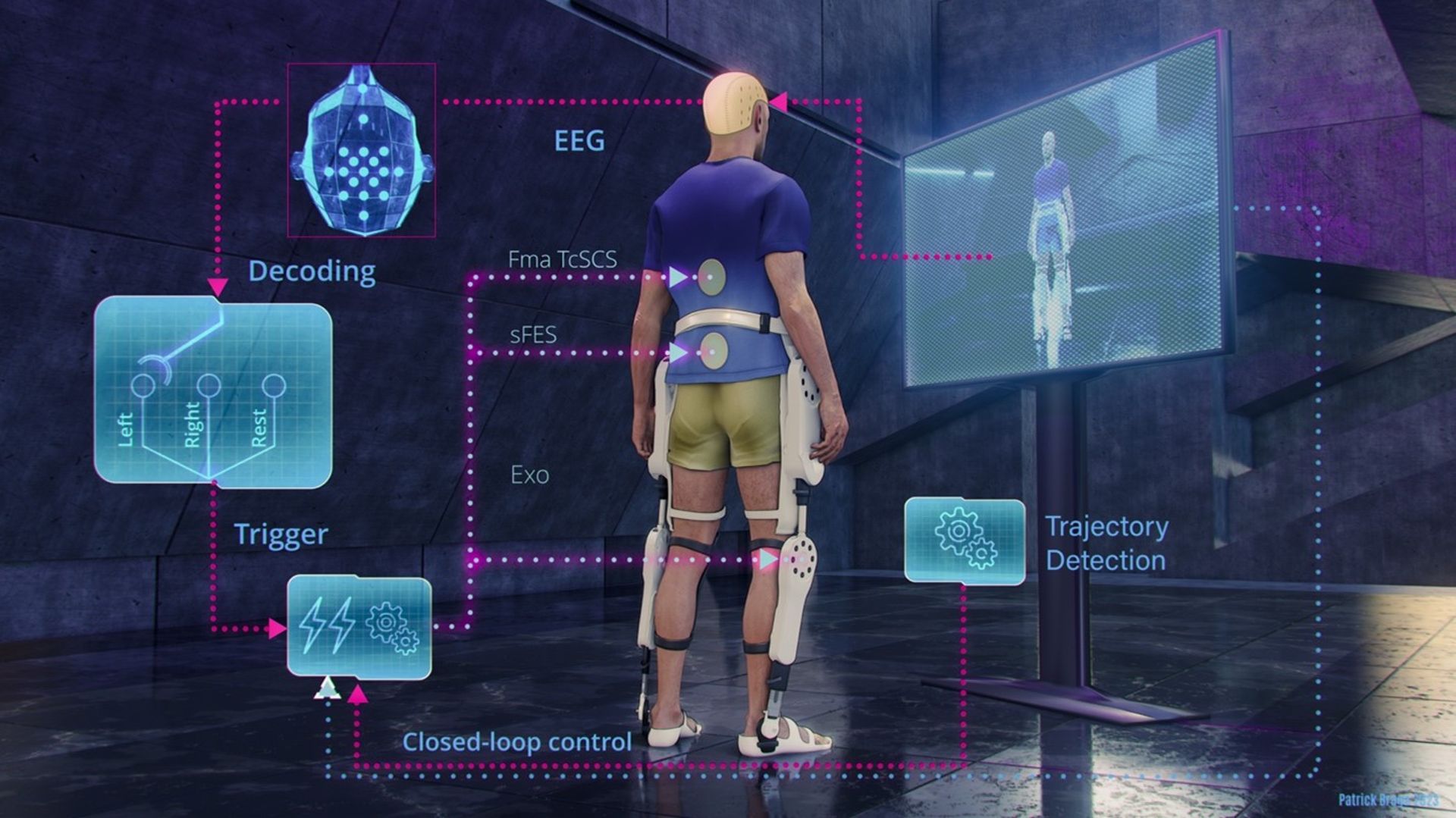
Engineer Marco Centenari, CEO of IRCCS San Raffaele Hospital, comments:
The new Neurotech Hub represents one of the main strategic projects of our Institute. The collaboration with Professor Nicolelis is tangible evidence of our willingness to support a long-term effort with a view to developing increasingly translational medicine. Nicolelis’ group will be joined by a team of excellent neurologists from our hospital led by Professor Massimo Filippi, who has internationally recognized experience in testing new therapies in neuroinflammatory and neurodegenerative diseases, as well as in the development of new biomarkers to prevent and treat these diseases more effectively. We are convinced that soon we will be able to contribute to further progress in a trans-disciplinary field such as that which supports neurotechnological development, a valid aid for healthier neuro-ageing.
You might be interested in
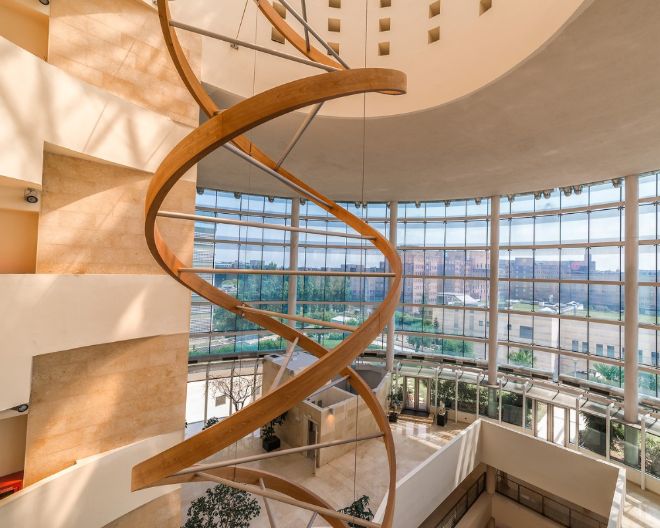
World Rare Disease Day: Research at UniSR Continues All Year Round
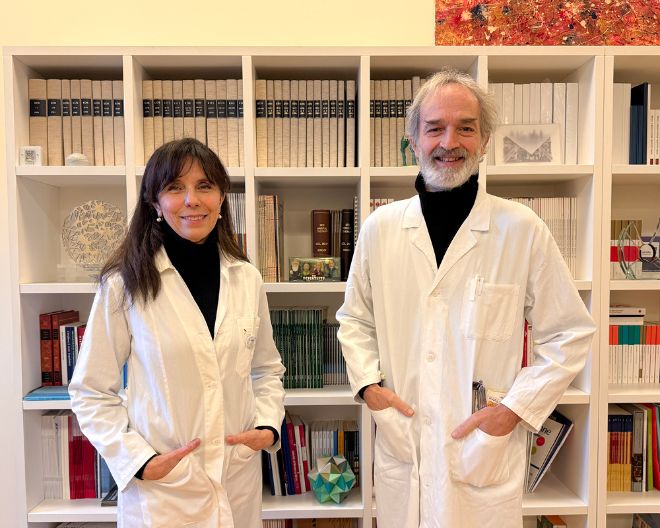
Multiple sclerosis, breakthrough in research: researchers have identified a molecule that promotes repair of the nervous system

The microbiome as an ally against myeloma

